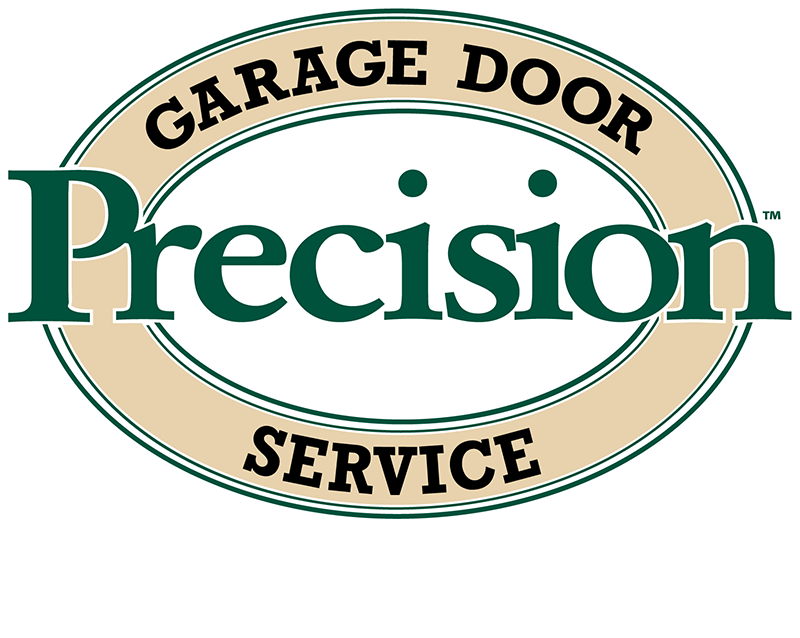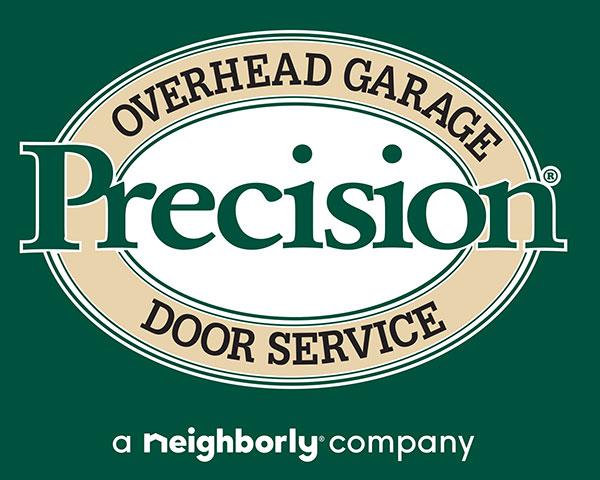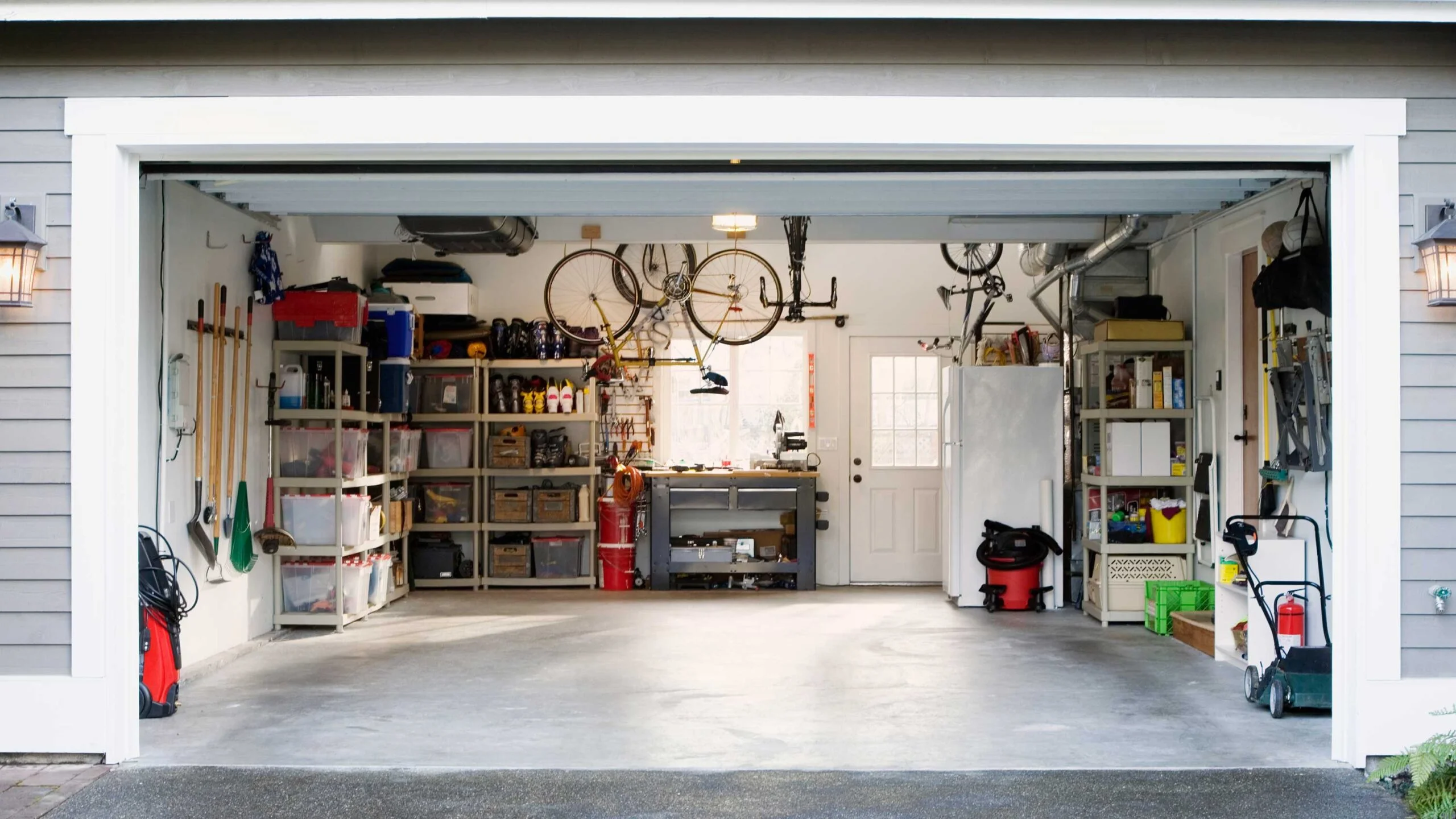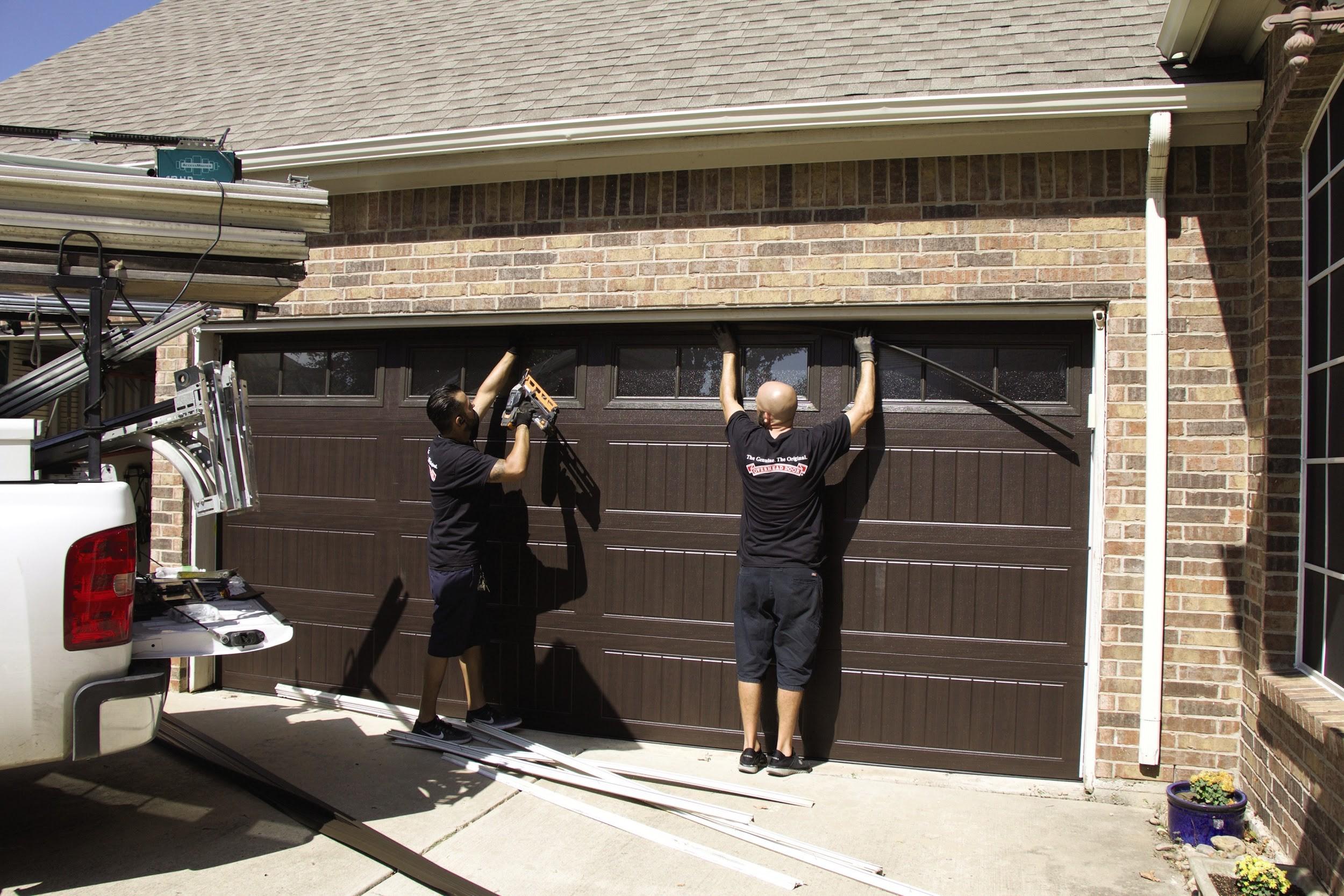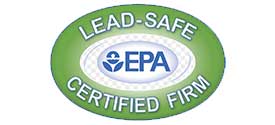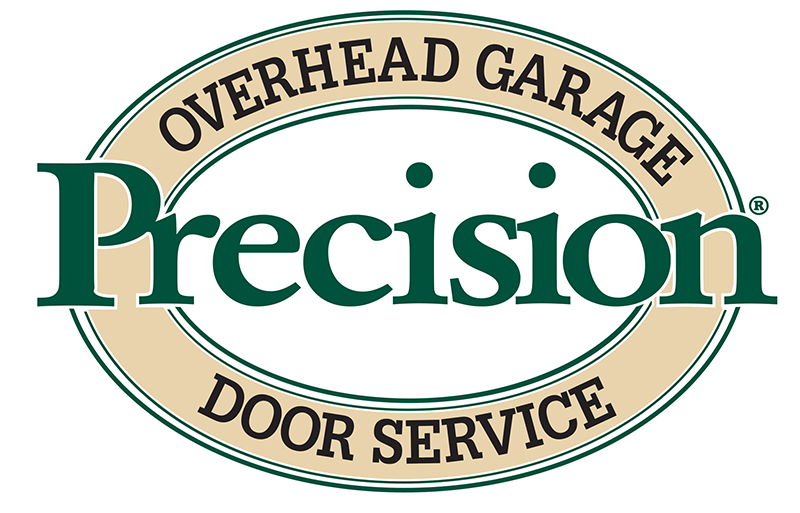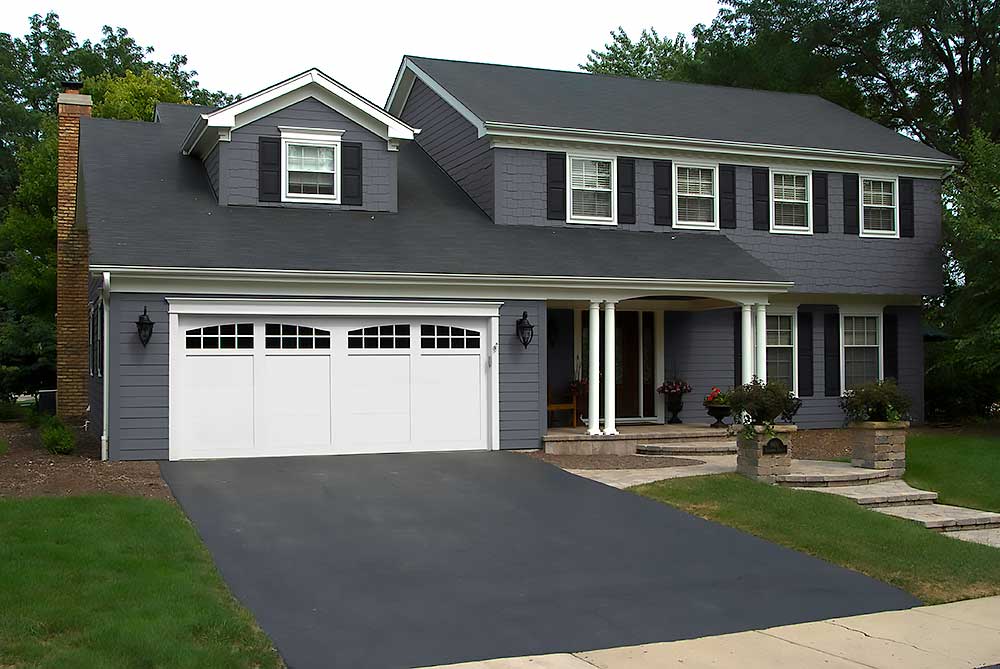
10 Tips From Precision Door to Troubleshoot a Noisy Garage Door
A garage door is an essential part of any home, and when it starts making a lot of noise, it can be a significant annoyance. There are many reasons why a garage door can become noisy, but luckily, most of them can be fixed without the need for professional garage service in southern California help. Here are 10 tips from Precision Door to troubleshoot a noisy garage door and get it working quietly once again.
1. Use Precision Door Service to Tighten all Loose Nuts and Bolts
Over time, the nuts and bolts holding the garage door track and opener can loosen. When this happens, it can cause the door to rattle and shake, creating unnecessary noise. Check all nuts and bolts and tighten them as necessary to reduce any noise they may cause. You can call a Precision door service expert since they have the right tools, such as a socket wrench, which are important to avoid damaging the bolts. Tighten them just enough to secure them in place, without overtightening.
In addition to tightening loose nuts and bolts, inspecting the garage door track is important. Over time, the track can become bent or misaligned, causing the door to operate improperly and create noise. If you notice any damage to the track, it may be necessary to call a professional southern california garage door repair. However, if the track is in good condition, use a level to ensure it is properly aligned. If not, adjust the track until it is level, which can help reduce noise and prevent further damage to the garage door.
2. Lubricate The Moving Parts
The moving parts of a garage door, including the springs, hinges, and rollers, need lubrication to move smoothly and quietly. These parts can become dry and squeak or grind without lubrication, creating unnecessary noise. To lubricate the parts, apply a silicone-based lubricant to the rollers, hinges, and springs. Be sure to clean any debris or dirt off the parts before applying the lubricant. This will ensure the parts move smoothly and quietly.
It is important to note that not all lubricants are suitable for garage door parts. Avoid using oil-based lubricants or grease, as they can attract dirt and grime and cause the parts to become sticky, which can lead to further noise issues. Instead, use a silicone-based lubricant specifically designed for garage door parts that will not attract dirt or grime.
3. Replace Worn-Out Rollers
If your garage door is making noise, worn-out rollers could be the culprit. Rollers are responsible for allowing the door to move up and down the track smoothly. If worn out or damaged, they can start creating unnecessary noise. Check the rollers for signs of wear and tear, such as cracks or chips. If they are worn out, replace them with new ones. This can help reduce noise and prevent further damage to the garage door.
It is important to use the right type of rollers when replacing rollers. Nylon rollers are the most common and are quieter than steel rollers. They are also less likely to damage the garage door track. However, if your garage door is heavy, steel rollers may be a better choice, as they can handle more weight.
4. Check the Garage Door Opener
The garage door opener can also cause unnecessary noise if it is not functioning correctly. Check the opener for any loose parts, such as the chain or belt. If these parts are loose, they can create noise as the door moves up and down the track. Tighten any loose parts or adjust the chain or belt tension as necessary. It is also important to check the door opener’s motor to ensure it is running smoothly. It may need to be repaired or replaced if it is making unusual noises or vibrating excessively.
5. Insulate the Garage Door
Insulating the garage door can help reduce noise by providing an additional barrier between the garage and the outside world. It can also help regulate the temperature inside the garage, making it more comfortable and energy-efficient. Many types of insulation are available, including foam board, reflective insulation, and batt insulation. Choose the type that best suits your needs and install it according to the manufacturer’s instructions.
6. Replace the Garage Door Springs
Garage door springs are responsible for counterbalancing the garage door’s weight and allowing it to move up and down smoothly. However, if the springs are worn out or damaged, they can create unnecessary noise as the door moves up and down. Check the springs for signs of wear and tear, such as rust, corrosion, or cracks. If they are worn out, replace them with new ones. It is important to hire a professional like Precision Door that knows garage doors in southern California to replace the springs, as they are under significant tension and can be dangerous to work with.
7. Install Soundproofing Materials
If you have tried all other options and your garage door still makes noise, consider installing soundproofing materials. Soundproofing materials, such as mass-loaded vinyl or acoustic foam, can help reduce noise by absorbing sound waves. Install the materials on the garage’s walls, ceiling, and floor for maximum noise reduction. It is important to follow the manufacturer’s instructions when installing soundproofing materials to ensure they are installed correctly and effectively.
8. Adjust the Garage Door Opener Settings
Modern garage door openers come with various settings that can be adjusted to reduce noise. For example, adjusting the force settings can prevent the door from slamming shut and creating unnecessary noise. Adjusting the travel settings also helps ensure the door moves smoothly and quietly along the track. Refer to the manufacturer’s instructions for your garage door opener to learn how to adjust these settings.
9. Check for Loose Hardware on the Door
In addition to checking for loose nuts and bolts on the garage door opener and track, it is important to check for loose hardware on the door itself. Check the hinges, screws, and brackets for any signs of wear or damage. Tighten any loose hardware as necessary to reduce noise and prevent further damage to the garage door.
10. Replace the Garage Door
If all else fails and your garage door still makes noise, it may be time to replace it. Modern garage doors are designed to operate quietly and efficiently, and upgrading to a new one can help reduce noise and improve the look and functionality of your garage. Choose a garage door made from high-quality materials and properly insulated to ensure maximum noise reduction.
